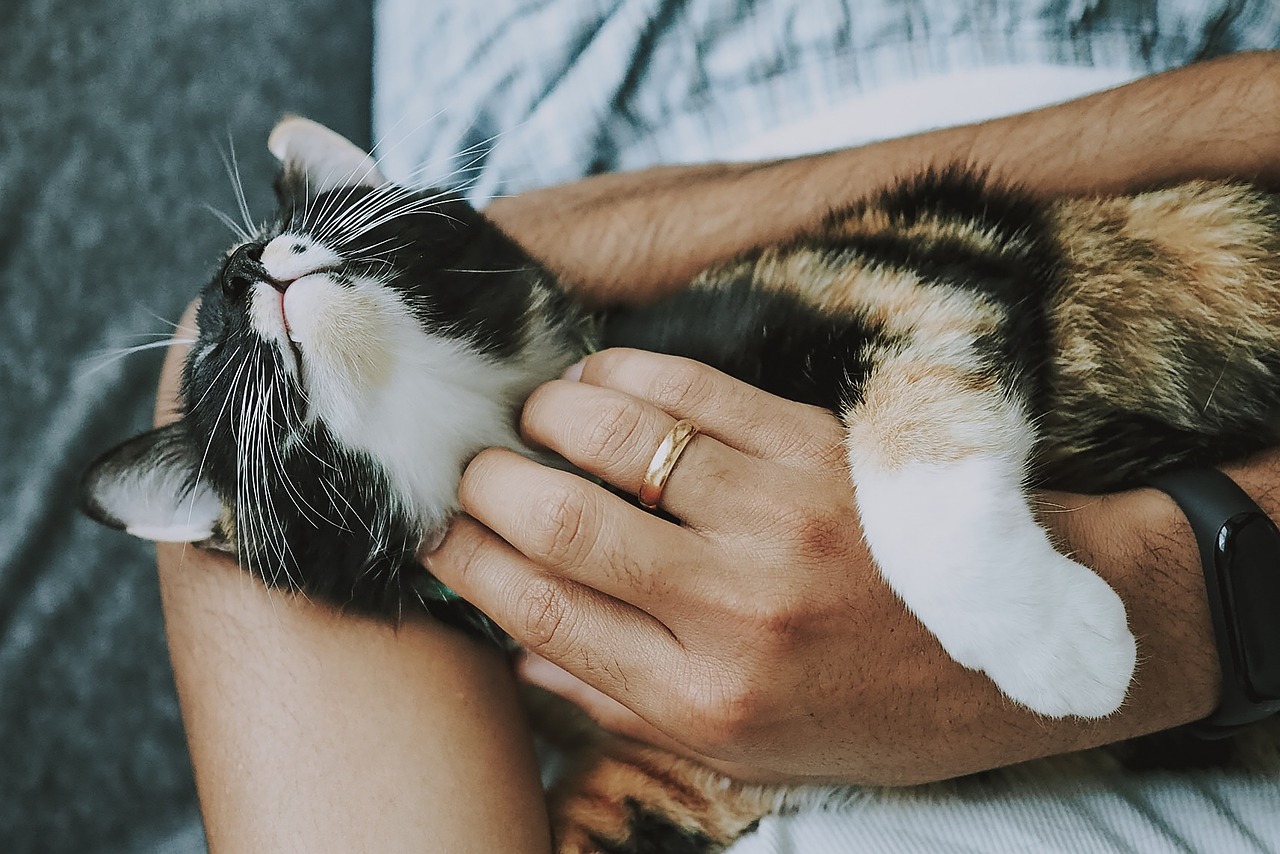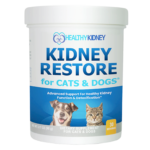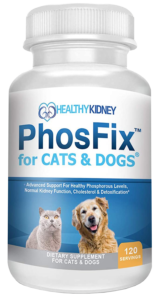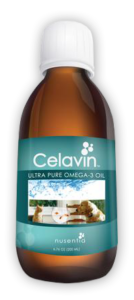Caring for Pets with Chronic Kidney Disease:
Dietary and Nutrition Management
31 Dec 2024 | Chin

Chronic Kidney Disease (CKD) is a prevalent condition in cats and dogs, particularly as they age. Studies estimate that CKD affects approximately 0.5-1.0% of dogs and 1.0-3.0% of cats, with prevalence increasing with age (International Renal Interest Society, 2023). Besides provide them a proper and routinely treatment from veterinary, a proper dietary management is crucial in enhancing the quality of life and longevity of pets diagnosed with CKD.
Challenges in Feeding CKD-Affected Cats and Dogs
- Reduced Appetite: CKD often leads to nausea and decreased appetite, making it challenging for owners to ensure their pets receive adequate nutrition.
- Protein Management: While protein restriction can benefit CKD patients, inadequate protein intake may result in muscle wasting and malnutrition. Balancing protein levels is essential to maintain health without overburdening the kidneys.
- Phosphorus Control: High phosphorus levels can accelerate kidney damage. Many standard pet foods contain phosphorus levels unsuitable for CKD pets, necessitating careful selection of appropriate diets.
- Hydration Issues: CKD can cause increased urine output, leading to dehydration. Ensuring sufficient water intake is vital, yet some pets may be reluctant to drink more or consume wet food.
- Palatability Concerns: Prescription renal diets may be less palatable to some pets, making dietary transitions difficult and potentially leading to inadequate nutrient intake. Normal foods and treats are palatable, however, the risk like high sodium increases blood pressure and strain their kidneys.
Dietary Solutions for CKD-Affected Cats and Dogs
Prescription Diets
Specially formulated renal diets are designed to support kidney function by controlling protein, phosphorus, and sodium levels. Feeding a dietetic renal food is the single most effective management option for improving survival and quality of life in dogs and cats with CKD.
Ensure sufficient moisture and water intake
Offering wet or canned foods increases moisture intake, aiding hydration. Canned veterinary therapeutic renal diets can be blended with water to achieve appropriate hydration levels. It is also advised to provide multiple water bowls for your pets, if they are still able to drink water on their own. Feeding syringes can be considered in the case they cannot eat on their own or no appetite.
Omega-3 Supplementation
Incorporating omega-3 fatty acids, known for their anti-inflammatory properties, can benefit CKD pets. These supplements may help reduce kidney inflammation and slow disease progression. Always look out for sources of omega-3 supplements, where oil sourced from small species of fishes or farmed salmon fishes are recommended due to low contamination (Lundebye et al., 2017)
Probiotics
Probiotics can support gastrointestinal health, which is often compromised in CKD patients. CKD patients have dysbiosis issues and leading to oil up of uremic toxins in gut, adding burden for their kidney. Beneficial bacterial supplementation may aid in reducing uremic toxins and improving nutrient absorption.
Prebiotics
Prebiotics serve as food for beneficial gut bacteria, promoting a healthy microbiome. A balanced gut flora can enhance overall health and potentially alleviate some CKD symptoms. Examples include Fructooligosaccharides (FOS) and Inulin.
Phosphorus Binders
Given when necessary, in cases where dietary phosphorus restriction isn't sufficient, veterinarians may recommend phosphorus binders (for eg, calcium carbonate, sevelamer, niacinamide) to prevent absorption from the gastrointestinal tract, thereby reducing blood phosphorus levels.
Amino acid supplementation
Dogs need 10 Essential amino acids (EAA), while cats need 11 EAAs (cat cannot produce Taurine on their own). EAAs are important to prevent muscle wasting and further weight loss.
Regular Monitoring and Adjustments
Regular veterinary check-ups are essential to monitor kidney function and adjust dietary plans, accordingly, ensuring optimal management of the disease.
Always read the label
Be conscious of ingredients used in pet foods, treats and even supplements. Besides look for CKD pet friendly formulation, do look out for others such as sodium content, grains etc to prevent inflammation and other complications.
Implementing these dietary strategies can significantly impact the well-being of pets with CKD. Consulting a veterinarian to tailor a nutrition plan specific to your pet’s needs is crucial for effective management of this condition.
What do we have in Petsrejoice Wellness for Kidney care?
- Kidney restore for Cats and Dogs: Providing highest number of probiotic species, comes with 7 species and 50 billion CFU per serving, helps with metabolise uremic wastes and provides better quality of life for your furbabies
- Phosfix: Niacinamide (Vitamin B3) based phosphate blocker with Chitosan to bind toxins in pets with kidney concern.
- Celavin: Triple distilled fish oil sourced from Norway small fishes providing 1400mg of Essential fatty acids. Contamination free source.
GTF Worldwide Sdn Bhd
- No. 20-2, Plaza Danau 2, Jalan 5/109F, Taman Danau Desa, 58100 Taman Desa, Kuala Lumpur, Malaysia.
- (03) 7982 9881
- (012) 483 5523
- info@gtf.com.my



